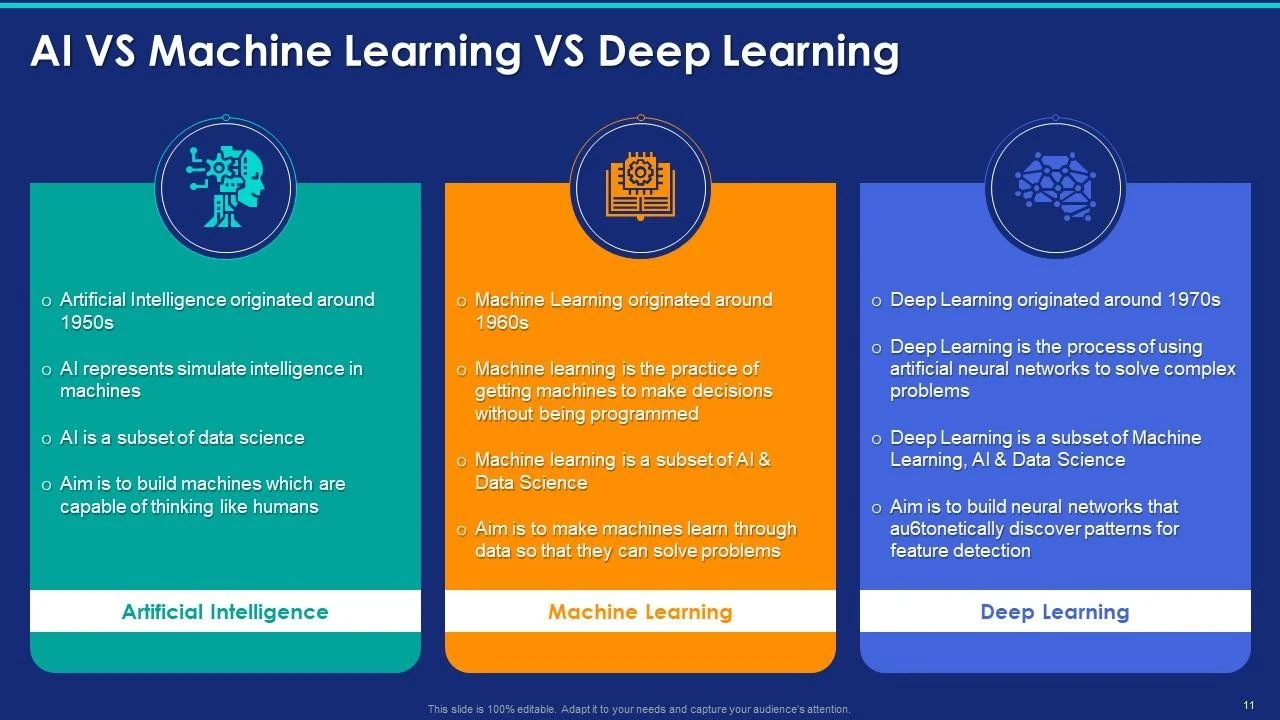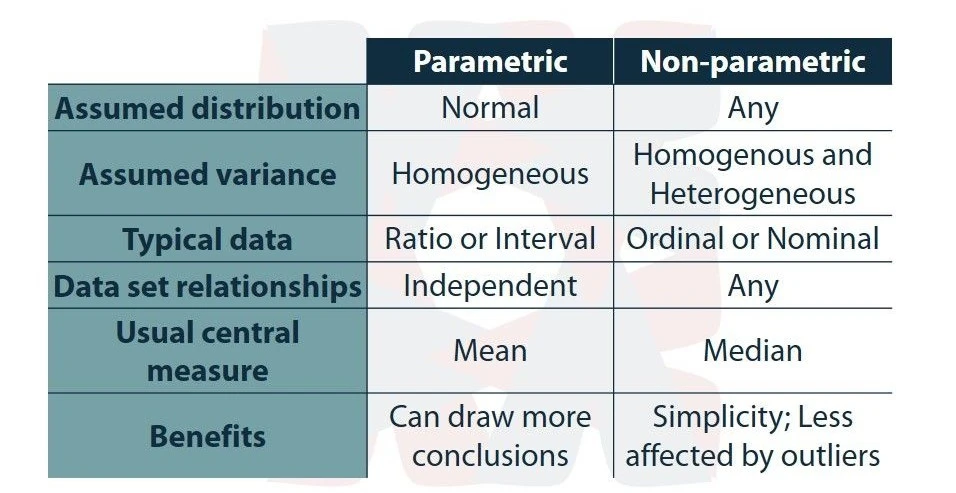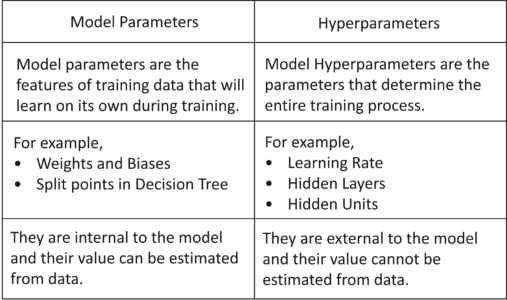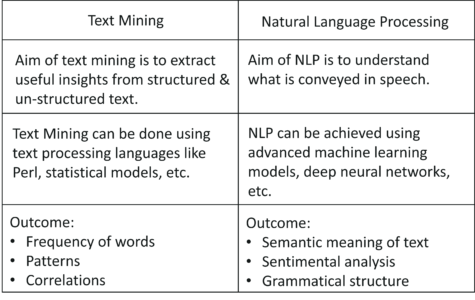Artificial intelligence is the new synonym of modernization. Don’t you think?
Well, for quite a long time, organizations have tried to put a hold on it, only to discover that it is not doing them any good. Not just the IT industry; each and every industry has been benefiting from artificial intelligence for quite some time.
Retailers are enabling inventive planning, manufacturing farms are being able to handle predictive maintenance, and financial sectors are being able to conduct proper risk analysis. All of these are nothing but a blessing of AI. Even the media industry is benefiting from AR/VR, live streaming, and predictive analytics. Artificial intelligence has been really useful for digital transformation to hold its game up. Isn’t it? check out Gen Artificial intelligence Certification
While this sudden rise of artificial intelligence remains the same, the need for experts in this field keeps rising. Even when you are looking forward to making your way towards a digital transformation career, you will never succeed without at least a basic knowledge of Artificial Intelligence.
So, what all does a basic knowledge of Artificial Intelligence include? We have prepared a list of the top 20 Artificial Intelligence questions and answers just to give you an idea about that. Let’s see what they are, shall we?

Ans:Artificial Intelligence (AI), or machine intelligence, is intelligence demonstrated by machines, in contrast to the natural intelligence displayed by humans and animals.
One of the applications of AI being used in regular basis is Google Search Engine.
Ans:The different types of AI are mentioned below:
Ans:The most popular domains of Artificial Intelligence are mentioned below:
Ans:Artificial Intelligence is a technique that empowers machines to understand human behavior. Machine Learning is nothing but a subset of Artificial Intelligence. It is basically the science of getting computers to act by providing them data and letting them act upon it on their own, without being explicitly programmed to do so.
Ans:NLP has 5 common components:
Ans:Q-learning is a reinforcement learning algorithm where an agent tries to learn the optimal policy from past experiences in the exact same environment. The past experiences of an agent here denote the sequence of state-action rewards.
Ans:Deep learning (also known as deep structured learning) is part of a broader family of machine learning methods based on artificial neural networks with representation learning. Learning can be supervised, semi-supervised, or unsupervised.
9. Explain how Deep Learning works.
Ans:Deep Learning’s concept is based on the basic unit of a human brain called a brain cell, or neuron. An artificial neuron or perceptron, was developed based on a living neuron. The way a biological neuron has dendrites to receive inputs, similarly, a perceptron receives multiple inputs, applies various transformations and functions, and provides an output. Like the neural networks of the brain, we can have a network of perceptrons to form a Deep neural network. An Artificial Neuron models a neuron which has a set of inputs assigned some specific weight. The neuron then computes some function on these weighted inputs and gives the output.
Ans:Some commonly used Artificial Neural Networks are:
Ans:A Bayesian network is a probabilistic graphical model that represents a set of variables and their conditional dependencies by using a directed acyclic graph.
Ans:In artificial intelligence (AI), a Turing Test is a method of inquiry for defining if a computer is capable of thinking like a human being.


Ans:Hyperparameters are variables used to define the structure of the network and to define the number of hidden layers that must be present in a network.
Ans:Some different algorithms used for hyperparameter optimization are:
Ans:Data overfitting happens when a statistical model or machine learning algorithm captures the noise of the data. This results in an algorithm with low bias but a high variance in the outcome.
18. Mention a technique that helps to avoid overfitting in a neural network.
Ans:We can use dropout to avoid overfitting in a neural network.

Once you have these basic questions and the answers to them remembered by heart, nothing in this world can stop you from pursuing a career in AI ML Expert. Although, a certification might help in accelerating the same. Wonder where to get one? Check out our Generative AI Certification& Certified Digital Transformation Officercourses, and join right away
Confused about our certifications?
Let Our Advisor Guide You